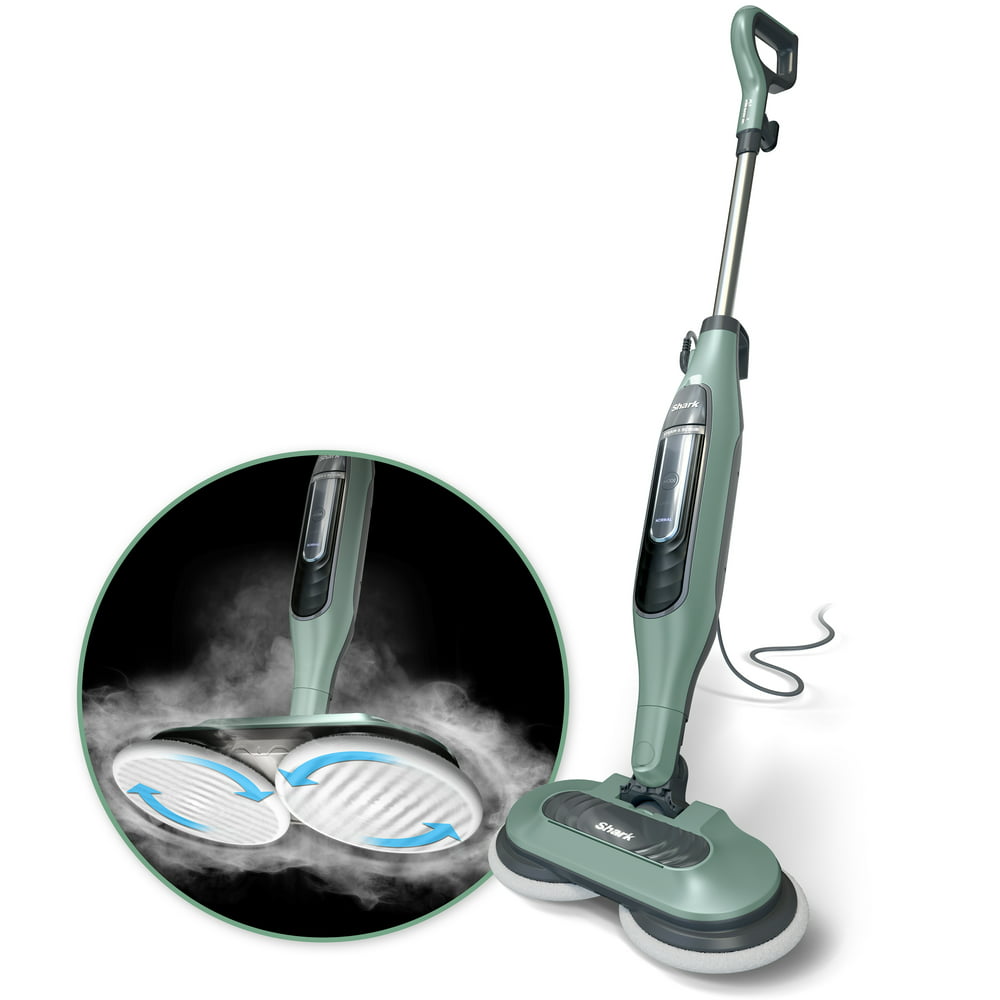It’s a Saturday morning, and you’re tackling the never-ending cleaning chore: the floors. You’ve just finished vacuuming the carpets, and your gaze falls upon the tile floors. A stubborn stain catches your eye, and you reach for the carpet cleaner, thinking, “Why not? It’ll probably work on this too, right?” But before you go spraying that carpet cleaner on your tiles, hold on! Not so fast. The answer is more nuanced than you might think.

Image: imagetou.com
While the idea of using one cleaning solution for multiple surfaces seems convenient, carpet cleaners and tile floors are like oil and water – they don’t always mix well. The truth is, using a carpet cleaner for tile can lead to a slippery disaster, leave behind a dull residue, or even damage your beautiful tiles. So, what’s the deal? Let’s dive into the details.
The Dilemma: Carpet Cleaners and Tile Floors
Carpet cleaners are formulated to work on soft, absorbent surfaces like carpets and rugs. They often contain powerful cleaning agents, foaming ingredients, and sometimes even enzymes designed to break down tough stains. While these properties work wonders on carpets, they could be problematic on tile.
Tile surfaces are much denser and less porous than carpets. This means the carpet cleaner can’t easily penetrate the surface to remove stains and may leave behind a sticky residue. This residue can trap dirt and make your tiles look dull and dirty, even after you clean them.
The Risks of Using Carpet Cleaner on Tile
Using carpet cleaner on tile floors can bring a few unwanted side effects. Here’s a breakdown of the potential problems you might encounter:
1. Slippery Surfaces: A Hazard for Everyone
Carpet cleaners can leave a slick residue on tile, increasing the risk of slips and falls. This is a serious concern for households with children and seniors, as they are more susceptible to accidents. The residue can also make your floors difficult to clean in the future, as dust and dirt tend to cling to it.

Image: livelavishlife.com
2. Damage To Your Tile
Some carpet cleaning solutions contain strong chemicals that can be abrasive to tile surfaces, especially delicate materials like natural stone. These chemicals can strip the protective sealant from tiles, making them porous and vulnerable to stains and scratches. This can lead to premature wear and tear on your flooring.
3. Dullness And Residue: A Cleaning Nightmare
As mentioned earlier, the residue left by carpet cleaners can make your tiles look dull and dirty, even after cleaning. This residue can be difficult to remove with regular cleaning products, forcing you to use stronger cleaners that can further damage your tiles. It’s a vicious cycle!
The Bottom Line: A Safer Approach
While it might seem convenient, using carpet cleaner on your tile floors isn’t recommended. You’ll likely end up with a slippery surface, dull tiles, or even damage to your flooring. These problems can outweigh any perceived benefits of using a single cleaning solution for both carpet and tile.
Instead, opt for cleaning solutions specifically formulated for tile. Choose pH-neutral cleaners that won’t strip away the sealant on your tiles and avoid anything with high foaming properties. Regular cleaning with the appropriate tile cleaner will keep your floors looking beautiful and protect them from damage.
Choosing The Right Tile Cleaner
Here are some tips for selecting the best tile cleaner for your needs:
- Check the Label: Look for cleaning solutions specifically labeled for tile and grout. Avoid products marketed as carpet cleaners or general-purpose cleaners.
- Consider Your Tile Type: Different types of tile require different cleaning methods. For example, natural stone tiles are more sensitive than ceramic tiles and require gentler cleaning solutions.
- Read Reviews: Check out reviews online to get an idea of how well different tile cleaners perform. Look for reviews from customers with similar flooring types.
Expert Advice: Tips for Cleaning Tile Floors
Here are some additional tips from experts in the field:
- Pre-Clean with a Vacuum: Before using your tile cleaner, ensure you’ve removed loose dirt and debris with a vacuum cleaner.
- Use a Microfiber Mop: Microfiber mops are excellent for picking up dirt and grime, and they’re gentler on your tile surfaces compared to traditional string mops.
- Avoid Harsh Chemicals: Limit the use of harsh chemicals on your tile floors. These chemicals can damage the sealant and leave a dull finish.
- Rinse Well: After cleaning, rinse your tile floors thoroughly with clean water to remove any cleaning solution residue that might be left behind.
FAQ: Clearing Up Common Questions
Q: Can I use a carpet cleaner on textured tile?
A: It’s still not recommended. Textured tile has more grooves and crevices, which makes it even more difficult to thoroughly remove the sticky residue left by carpet cleaners. Use a specialized tile cleaner for the best results.
Q: What about natural stone tile?
A: Natural stone tile is very porous and sensitive to chemicals. Never use harsh cleaning solutions or carpet cleaners on natural stone. Choose a cleaner specifically formulated for natural stone and follow the manufacturer’s instructions carefully.
Q: Can I use a steam cleaner on my tile floor?
A: Steam cleaners can be safe for some types of tile, but they are not appropriate for all surfaces. Always check the manufacturer’s recommendations for your specific tile type. Remember, high heat can damage certain tiles, so be cautious.
Can You Use Carpet Cleaner On Tile Floors
Conclusion: Maintaining Your Tile Floors
While using a carpet cleaner for tile floors might seem like a time-saving solution, it’s a decision best avoided. You’ll ultimately end up with more work in the long run, trying to fix the damage and remove the residue. Invest in a specialized tile cleaner and use it regularly to keep your floors looking their best.
Are you ready to give your tile floors the love they deserve? Share your cleaning tips and experiences with us in the comments below! Let’s keep those floors shining!



/GettyImages-173599369-58ad68f83df78c345b829dfc.jpg?w=740&resize=740,414&ssl=1)


